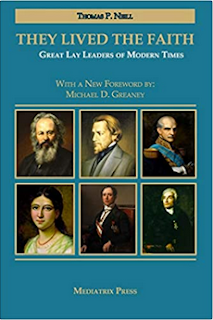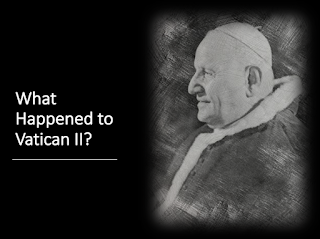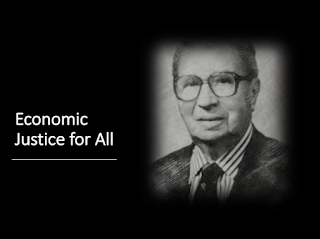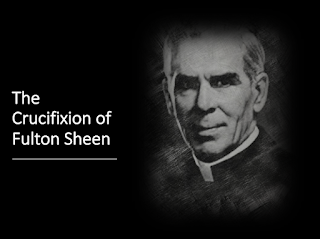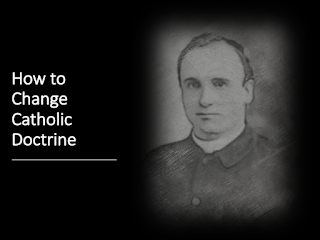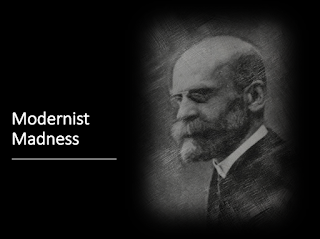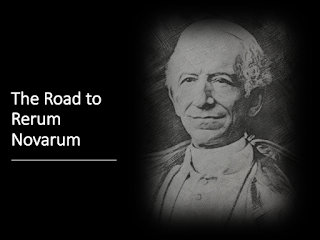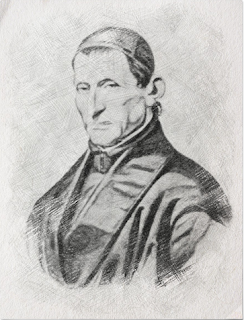Lord of the World (Review)

No, really, this is about the Just Third Way. Back in the early twentieth century, Msgr. Robert Hugh Benson published a satirical novel (that many people have mistaken for some kind of prophecy), lambasting the “new things” of socialism, modernism, and the New Age from a “Catholic” point of view. Despite the overtly religious nature of the novel, however, it delivers a universal message about the dangers of shifting away from the human person to the abstraction of “humanity”:

